As the global market for artificial intelligence (AI) continues to surge, a growing concern has emerged among parents and educators: the potential impact of AI on the cognitive development of children. The increasing use of AI-powered tools, such as chatbots and virtual assistants, has led to a new generation of kids who are growing up with AI as a constant companion.
According to a recent report by Grand View Research, the global AI market is expected to reach $190.6 billion by 2025, growing at a compound annual growth rate (CAGR) of 38.1% from 2020 to 2025. This rapid growth has led to a proliferation of AI-powered tools in various industries, including education, healthcare, and finance.
However, as parents and educators are beginning to realize, the widespread adoption of AI has also led to a new set of challenges. A recent survey conducted by the Pew Research Center found that 54% of parents believe that AI is having a negative impact on their children's cognitive development, while 61% of educators believe that AI is changing the way students learn and interact with information.
The concern is that children who grow up with AI as a constant companion may develop a range of skills, including problem-solving and critical thinking, but may also develop a reliance on technology that can hinder their ability to think independently. This has significant implications for the future of work, as companies are increasingly looking to AI to drive innovation and productivity.
One company at the forefront of this trend is OpenAI, the developer of the popular chatbot, ChatGPT. In 2022, OpenAI raised $10 billion in funding, valuing the company at $30 billion. The company's AI technology has been integrated into a range of applications, including virtual assistants, language translation tools, and educational software.
However, as the company's technology continues to evolve, concerns are growing about the potential impact on children's cognitive development. In a recent interview, OpenAI's CEO, Sam Altman, acknowledged the concern, stating that the company is working to develop tools that can help children develop critical thinking skills while still leveraging the benefits of AI.
As the market for AI continues to grow, companies are beginning to realize the importance of developing AI tools that are designed with children's cognitive development in mind. This includes developing tools that can help children develop critical thinking skills, such as problem-solving and decision-making, while still leveraging the benefits of AI.
In conclusion, the rapid growth of the AI market has led to a new set of challenges and opportunities for companies and educators. As the market continues to evolve, it is essential that companies prioritize the development of AI tools that are designed with children's cognitive development in mind. This includes developing tools that can help children develop critical thinking skills while still leveraging the benefits of AI.
In terms of future outlook, the market for AI is expected to continue to grow, driven by increasing demand from industries such as healthcare, finance, and education. However, as the market continues to evolve, companies will need to prioritize the development of AI tools that are designed with children's cognitive development in mind. This includes developing tools that can help children develop critical thinking skills, such as problem-solving and decision-making, while still leveraging the benefits of AI.
In addition, companies will need to address the growing concern about the potential impact of AI on children's cognitive development. This includes developing tools that can help children develop critical thinking skills, such as problem-solving and decision-making, while still leveraging the benefits of AI. Companies that prioritize the development of AI tools that are designed with children's cognitive development in mind are likely to be well-positioned for success in the future.
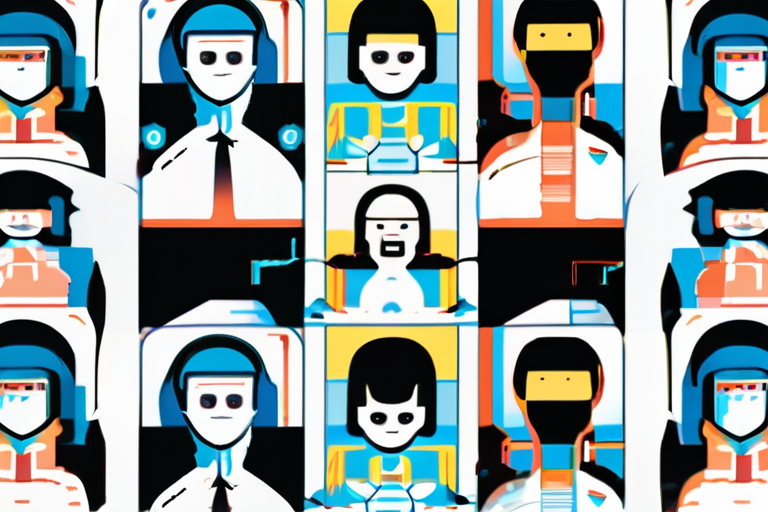


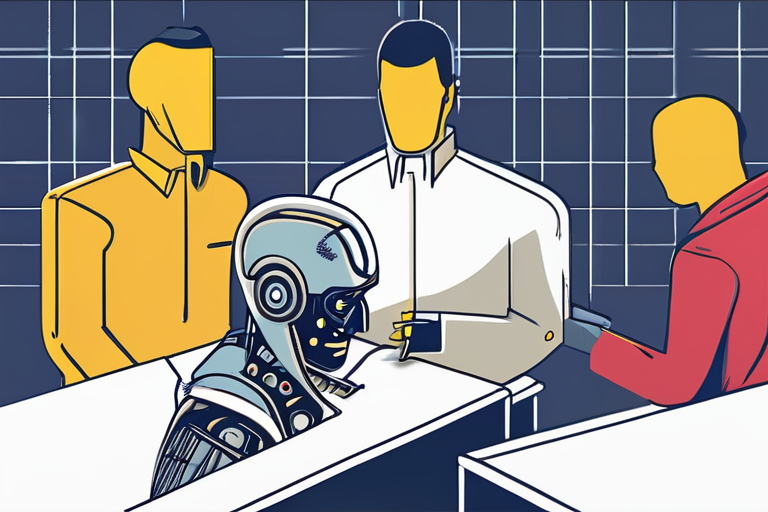
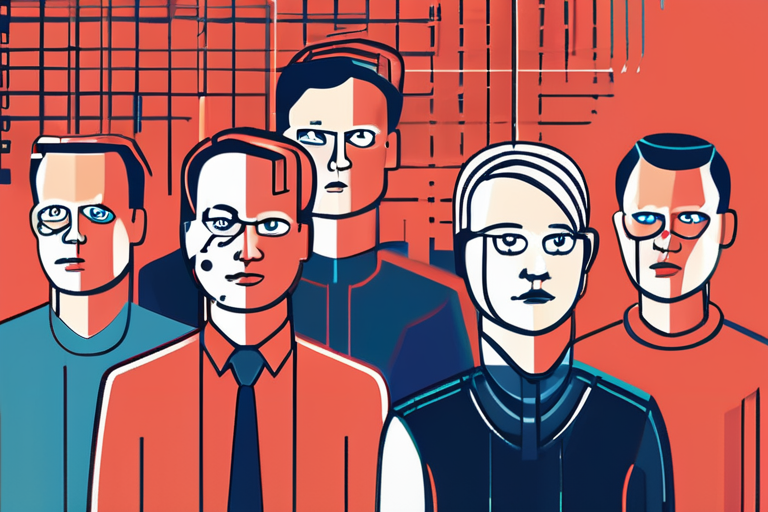
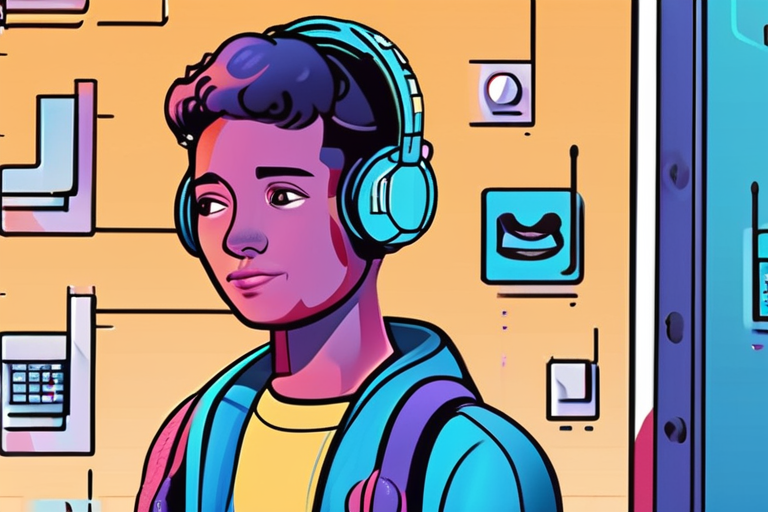

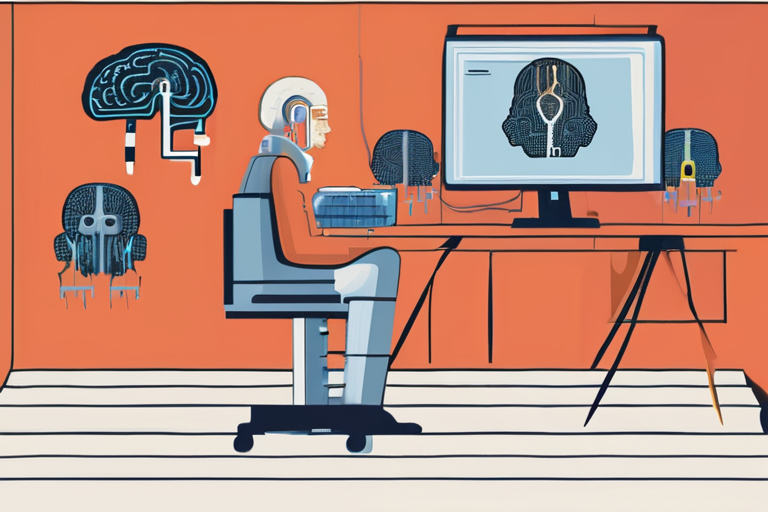

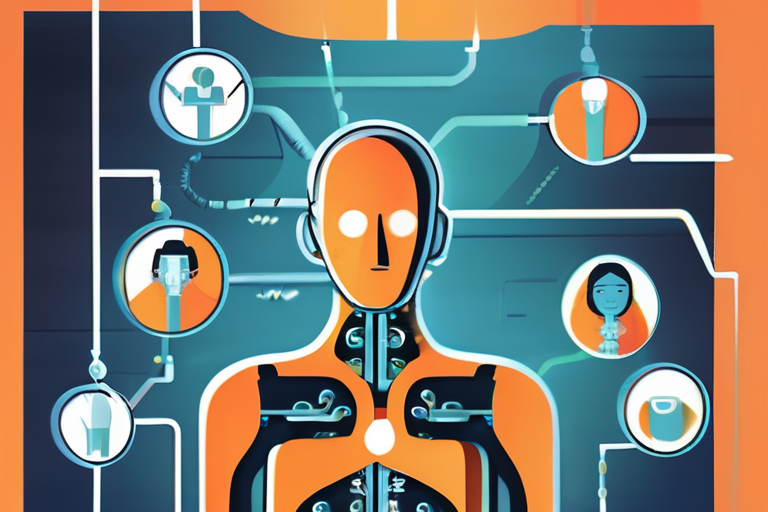

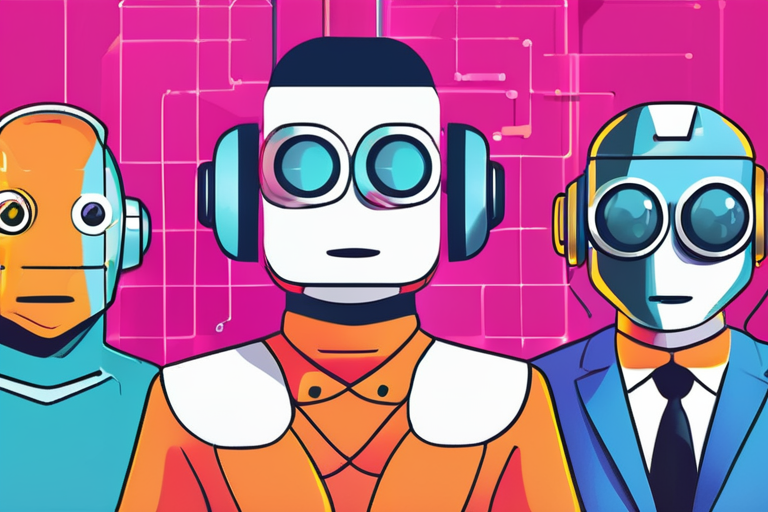
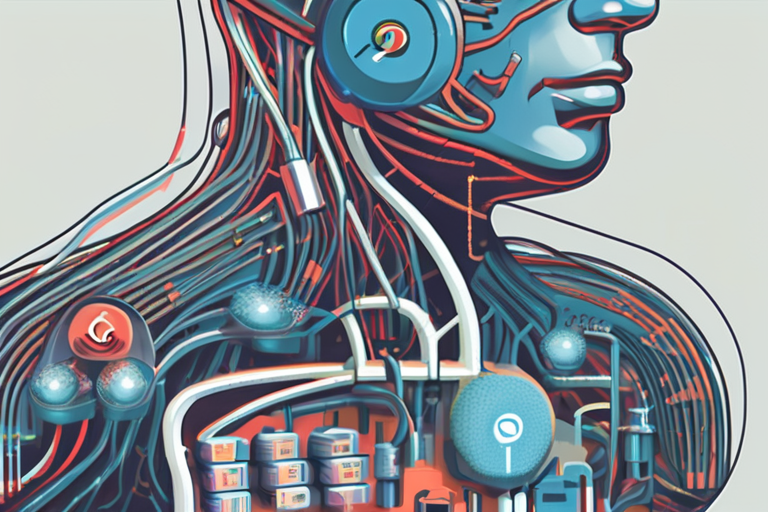


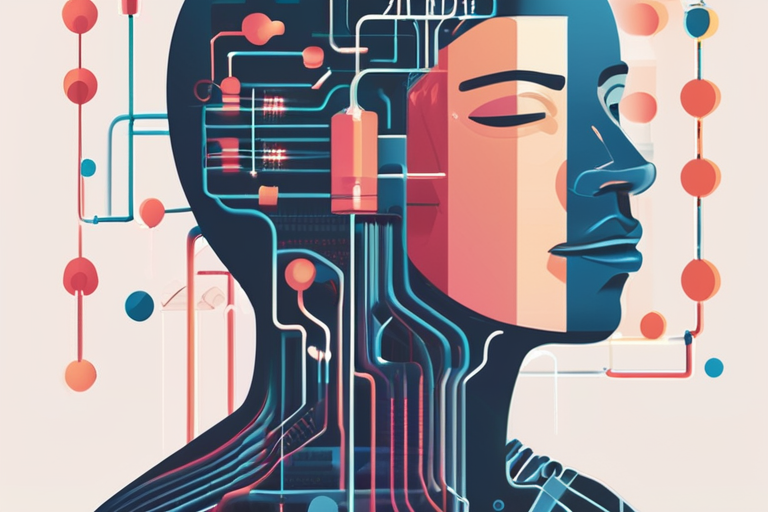




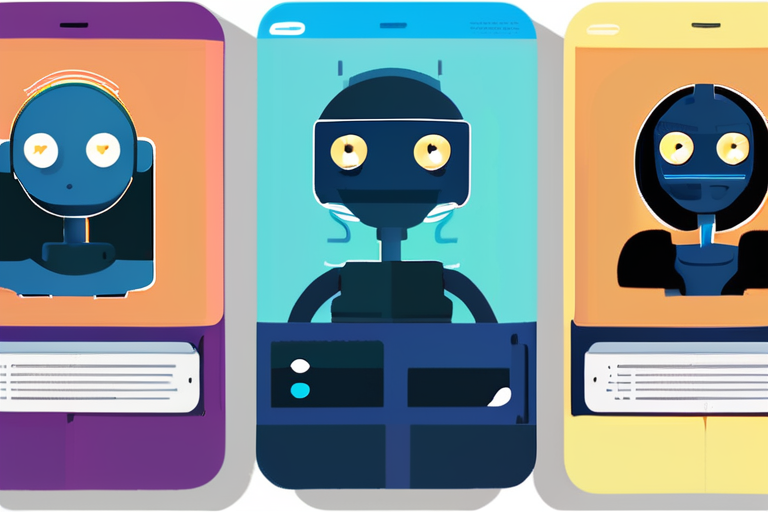


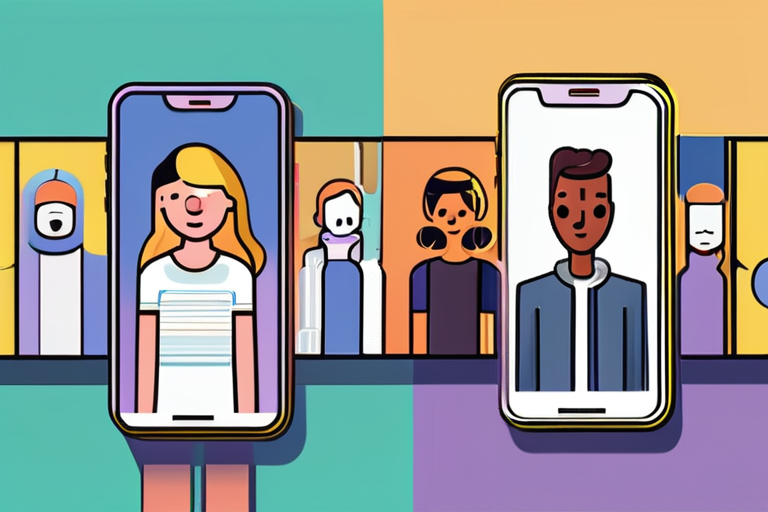



Share & Engage Share
Share this article